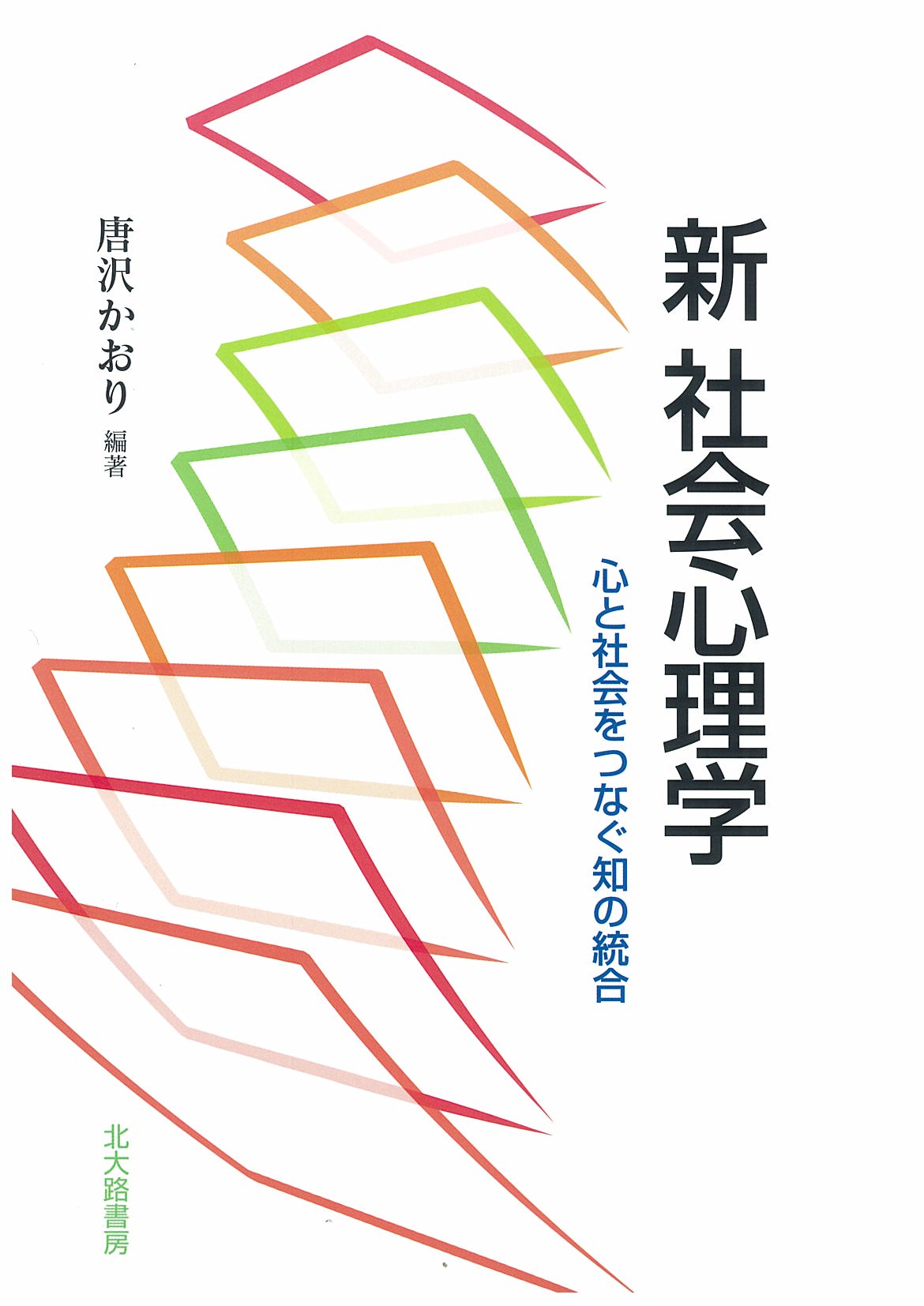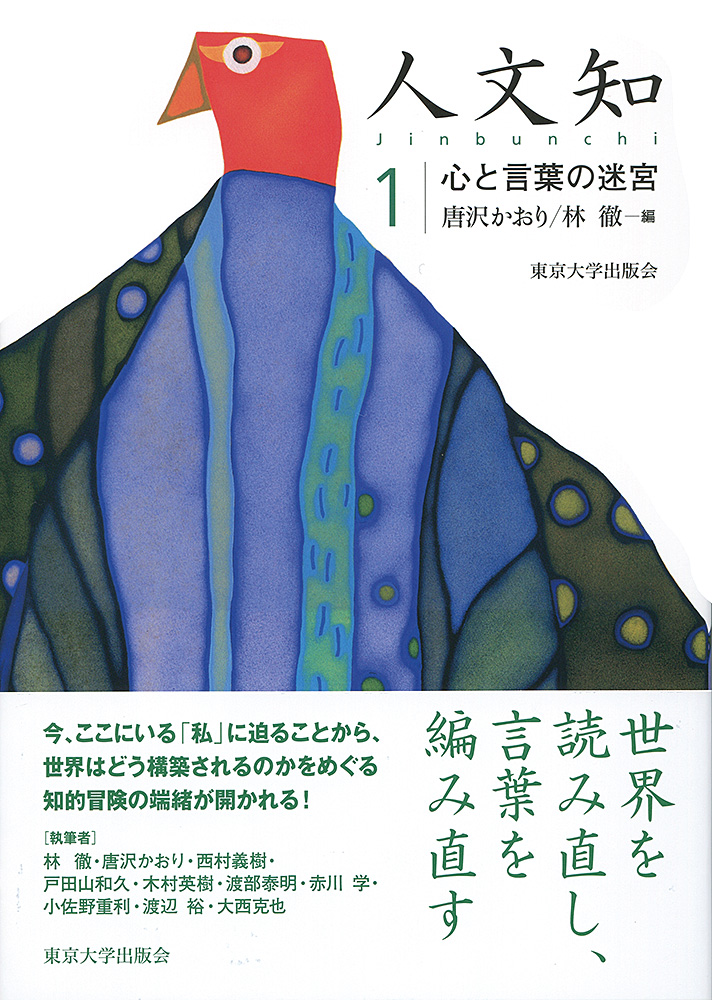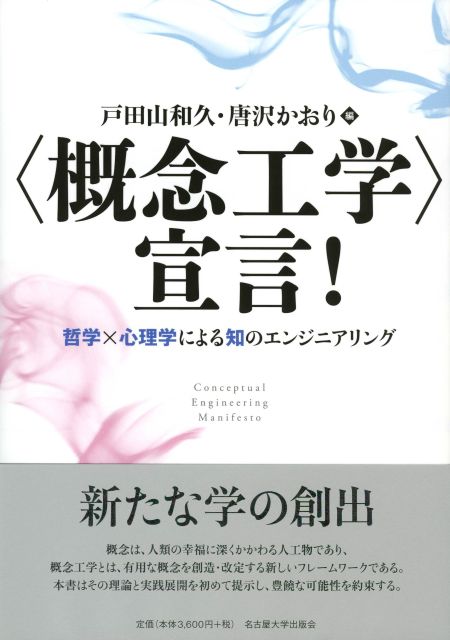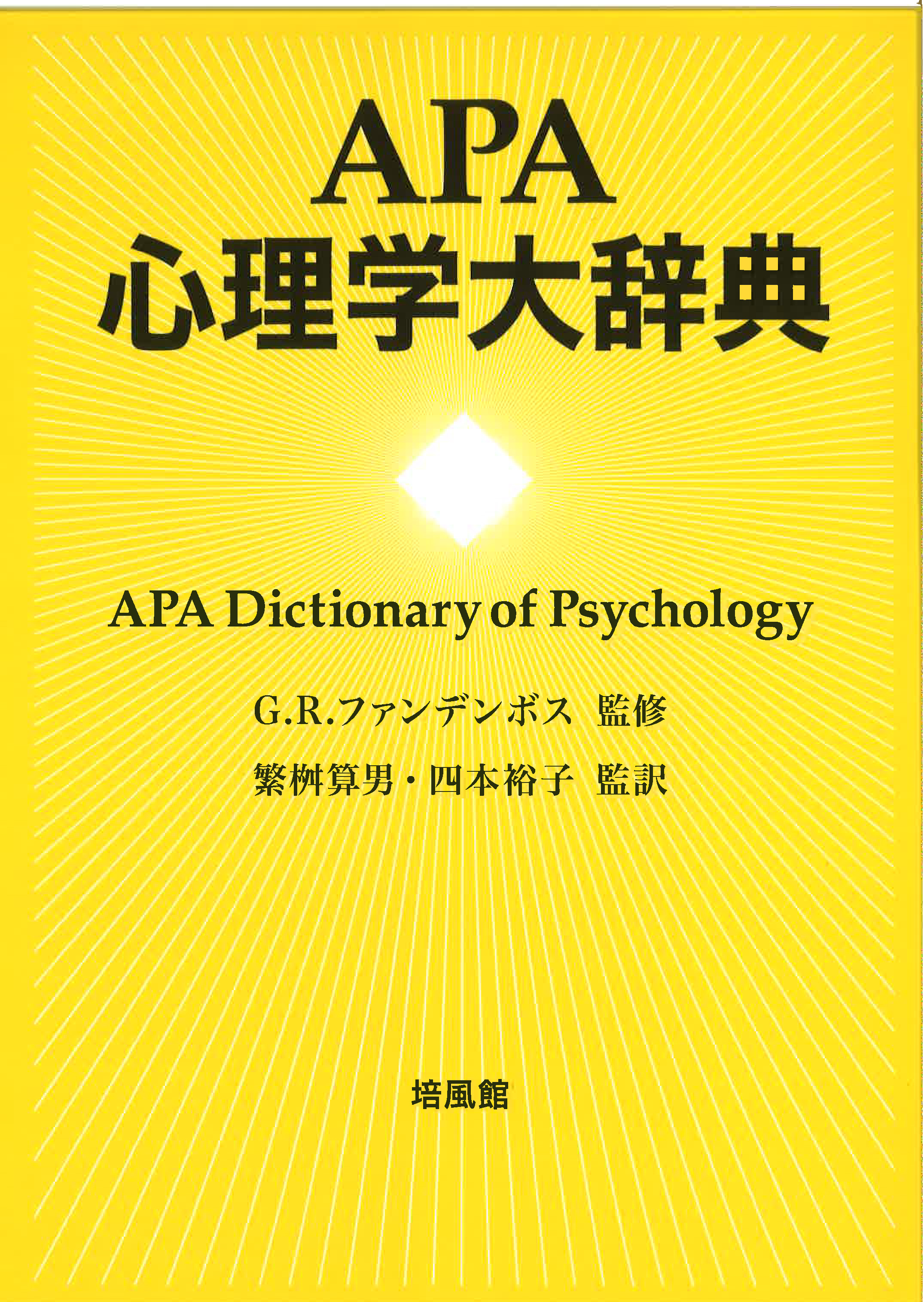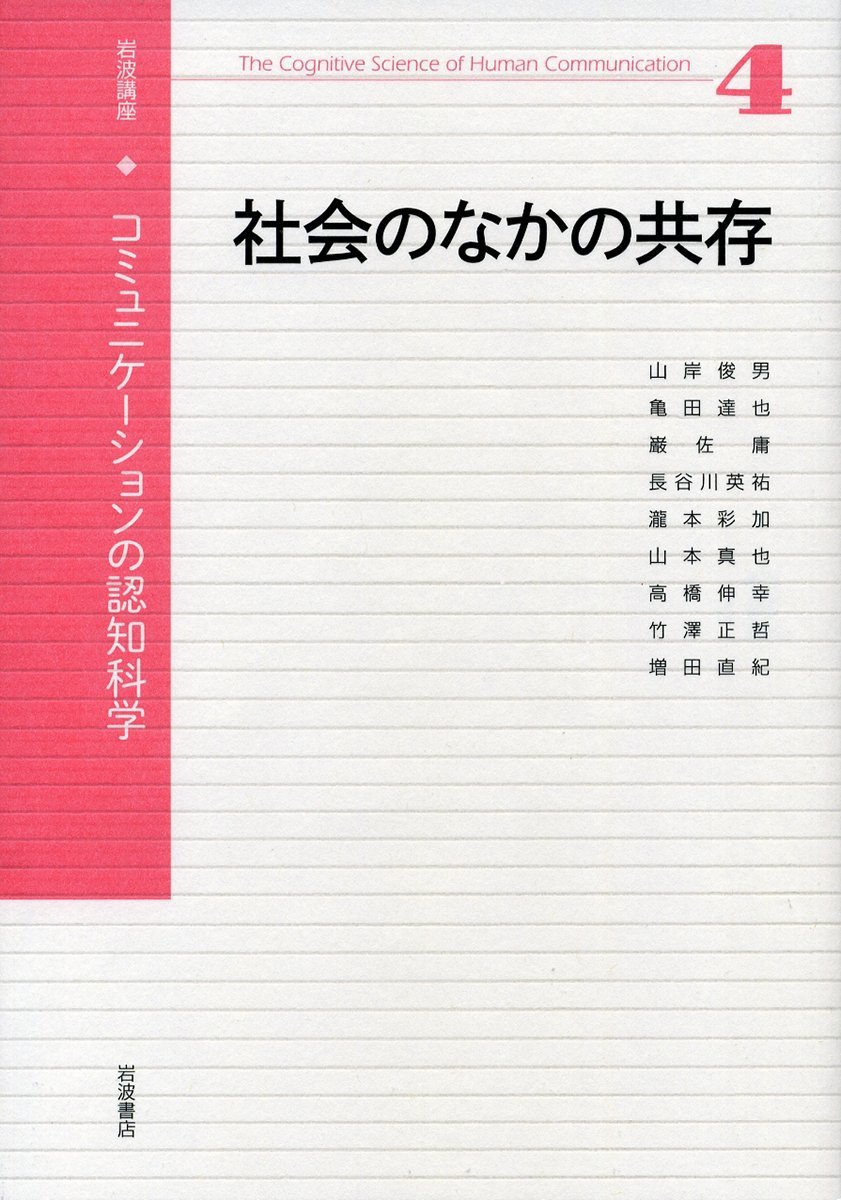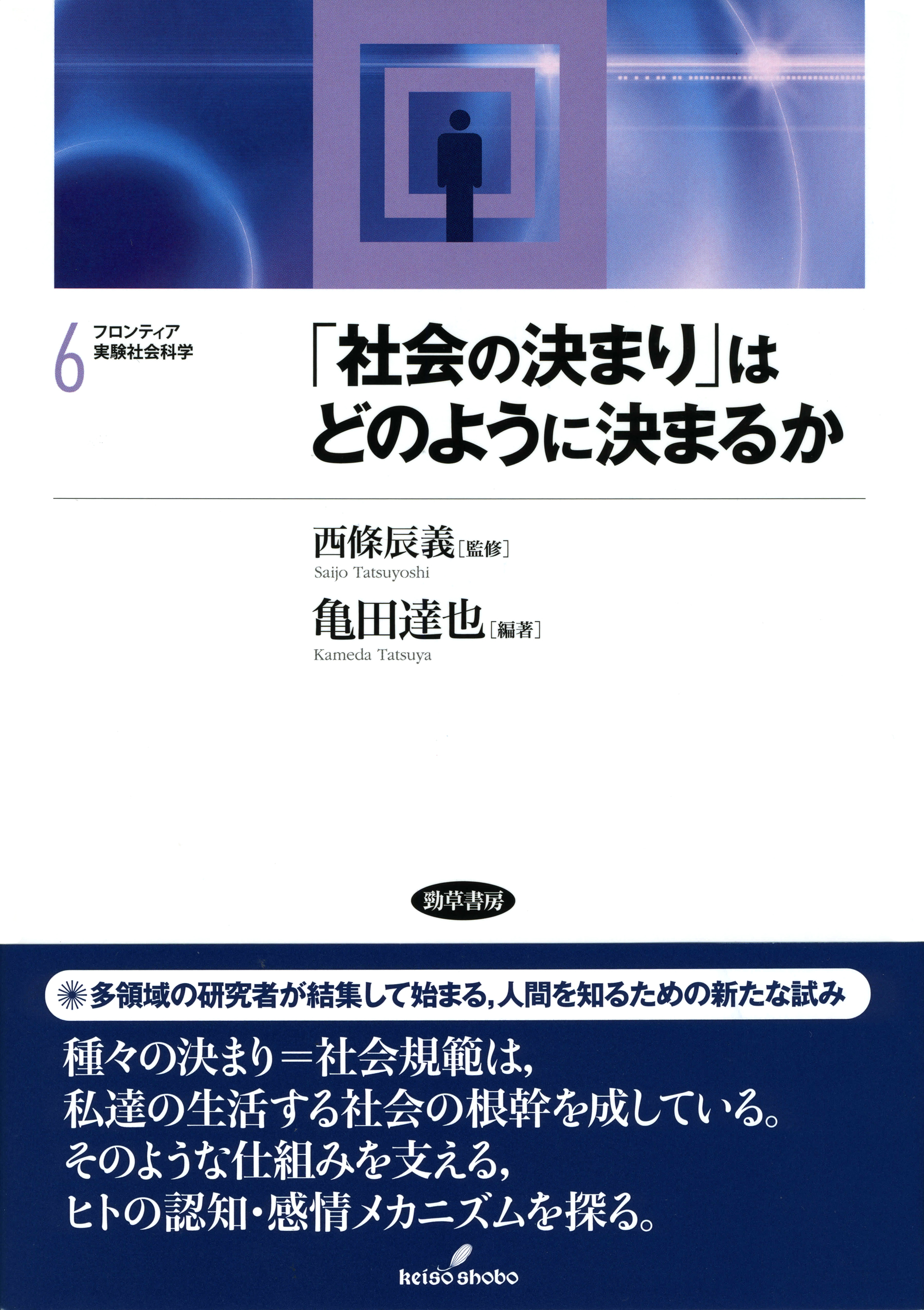
Title
Naze Kokoro wo Yomisugirunoka (Reading Other Minds: Perceiving Others with a Naive Heart: Perspicacity and the Psychology of Personal Relations)
Size
288 pages, 127x188mm
Language
Japanese
Released
July 27, 2017
ISBN
978-4-13-013310-4
Published by
University of Tokyo Press
Book Info
See Book Availability at Library
Japanese Page
We try to “read” the minds of others. Naturally, I’m not talking about exposing secrets hidden in people’s minds, through dubious techniques like mentalism. “Mind” here refers generally and collectively to an individual’s thoughts, intentions, emotions, attitudes, and personality. From deep inside us, our mind decide what we do and who we are on a day-to-day basis. When we observe others’ behavior, we wonder why they would do such things: this act of speculation is an attempt to decipher these “mental entities.”
This activity is essential to living together with other people. To ensure our daily interactions go smoothly, we must apprehend the disposition of others, predict their behavior, and (if possible) influence them to behave in ways we desire. To achieve these aims, we must decipher the role of the mind in the mechanisms by which we gather information about other people, and generate our own behaviors in response.
However, the true essence of the activity exceeds this description. Reading other minds allows us to evaluate others, discern their qualities, and decide how to approach them. We evaluate others in what might be called “moral dimensions”—good and bad, right and wrong, fair and unfair—and determine the categories in which they belong to. On that basis, we decide whether the person is someone we should get closer to, or else someone we should avoid. In essence, we judge others, and then classify them according to those judgments.
This activity is by no means limited to particular aspects of human relationships: on the contrary, it is quite an ordinary part of living in society. For example, say you observed a man giving a helping hand to another, and that, based on this action, you interpreted his motivations as originating from genuine virtue and goodness of character. Having evaluated him as a good and righteous person in this scenario, you would likely feel comfortable being together with him, believing him to be someone worth associating with, and someone who will behave kindly to you as well. In addition, you’d probably praise his deed without reservation. On the other hand, if you were to perceive a selfish motivation from the same behavior, such as wanting to ingratiate himself or create an indebted relationship, you would judge the man to be bad and dishonest. Accordingly, you might try to avoid getting too close to him, or deal with him only warily. You might have feelings of disapproval about his deed, regardless of whether it was technically “help” or not.
This volume discusses this and other mental processes with reference to empirical research in social psychology. The picture painted by the book is one of evaluating the minds of others using axes defined by subjective qualities such as good and bad, correct and mistaken, and just and unjust. Based on these assessments, we make judgments about how others deserve to be treated, and if we have any responsibilities to shoulder in response to their actions; about whether their presence merits assistance or protection, or else demands reproach; and choose a suitable attitude or behavior to take in response. Alongside this discussion, the book also considers the significance of various errors and biases that accompany our efforts to read others’ minds, and how these relate to various phenomena such as sympathy, aid, criticism, and discrimination. I would be grateful if the readers could decipher the phenomena that the act of judging the behavior of others while accounting for the depths of the mind shape human relationships and, by extension, the collective body consisting of ‘the self’ and ‘others.’
(Written by KARASAWA Kaori, Professor, Graduate School of Humanities and Sociology / 2018)



 Find a book
Find a book


